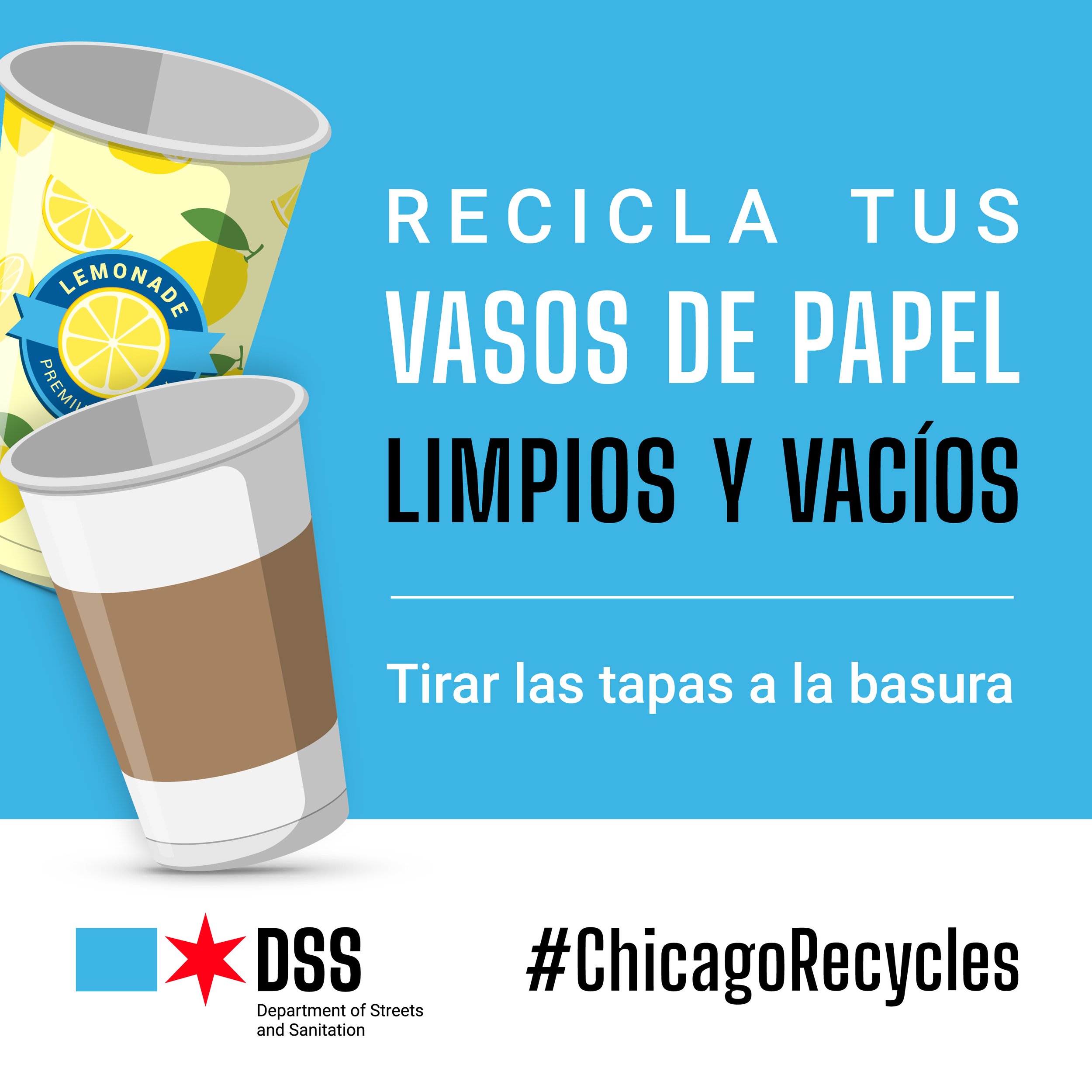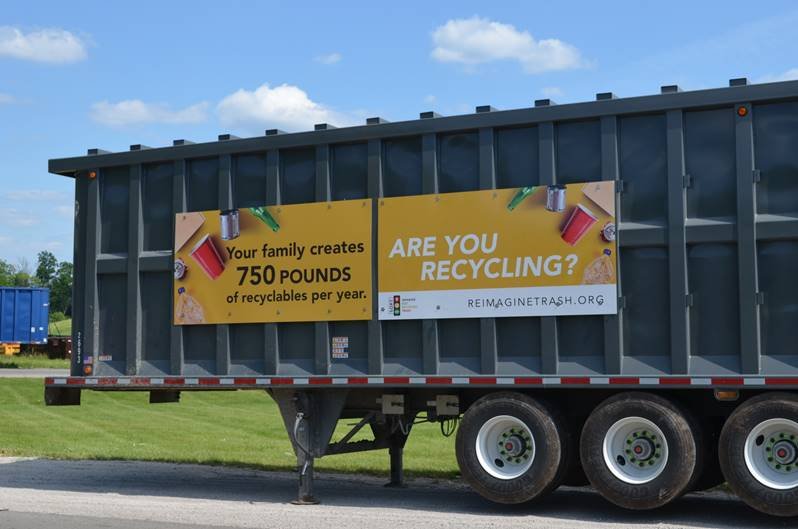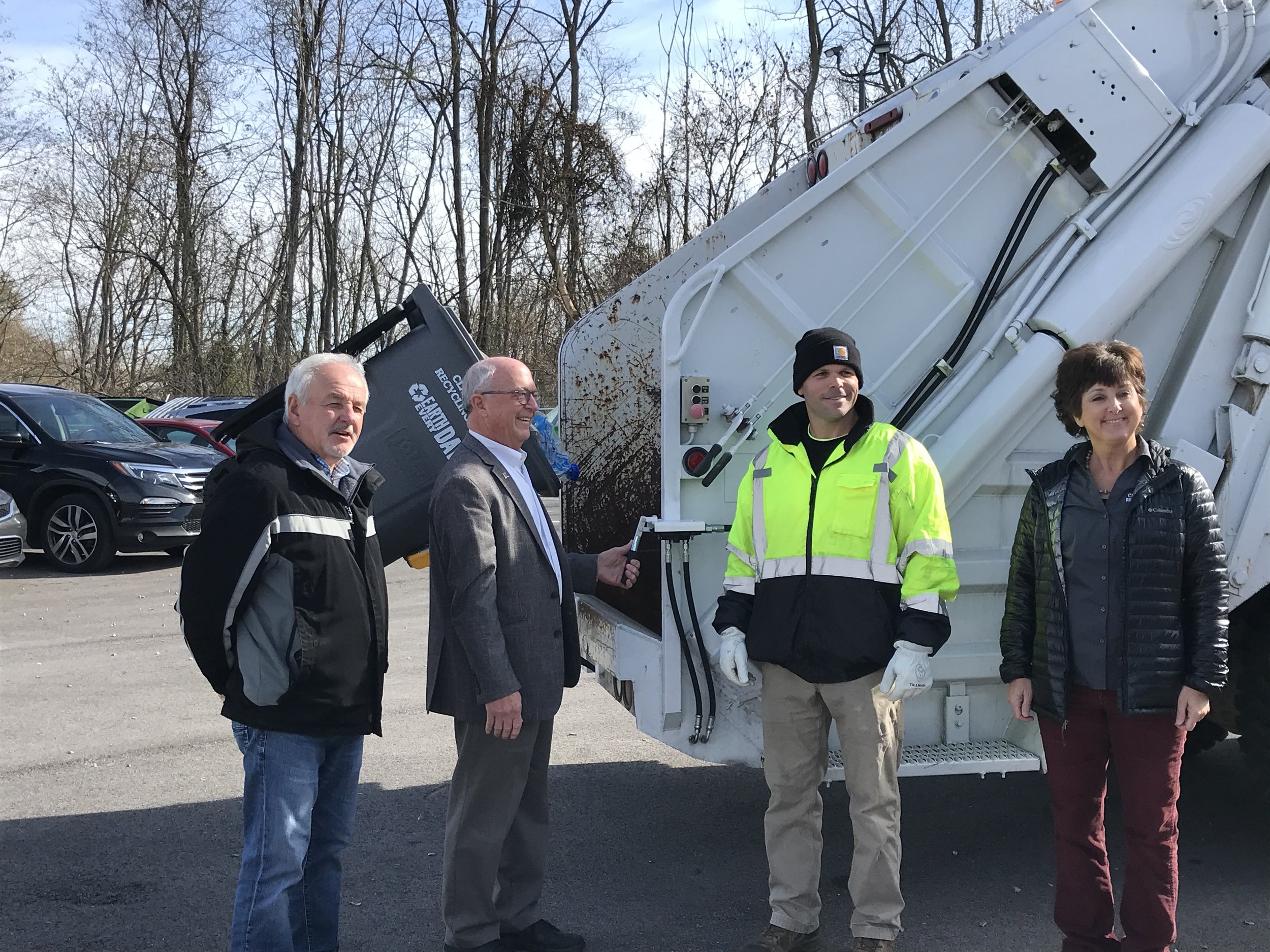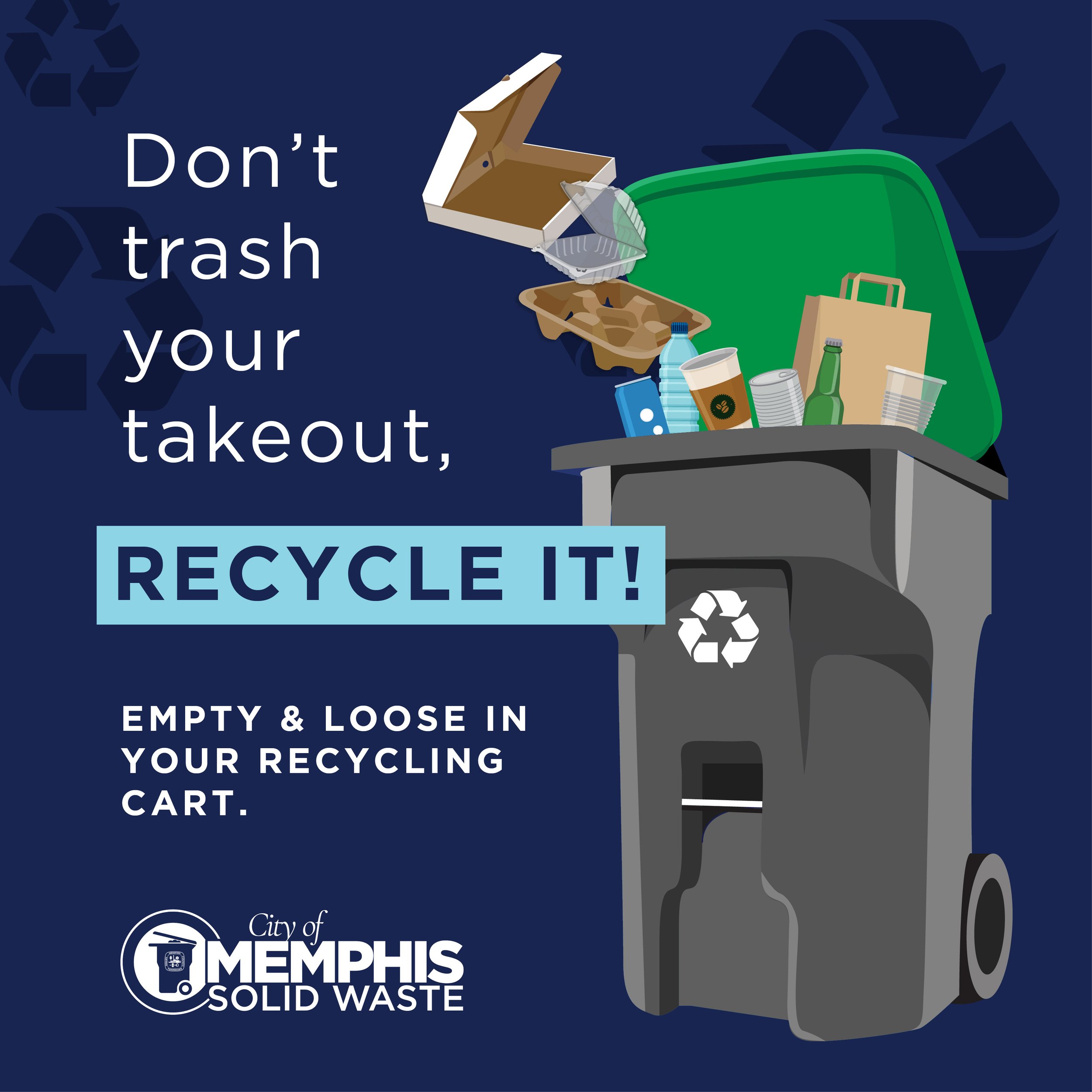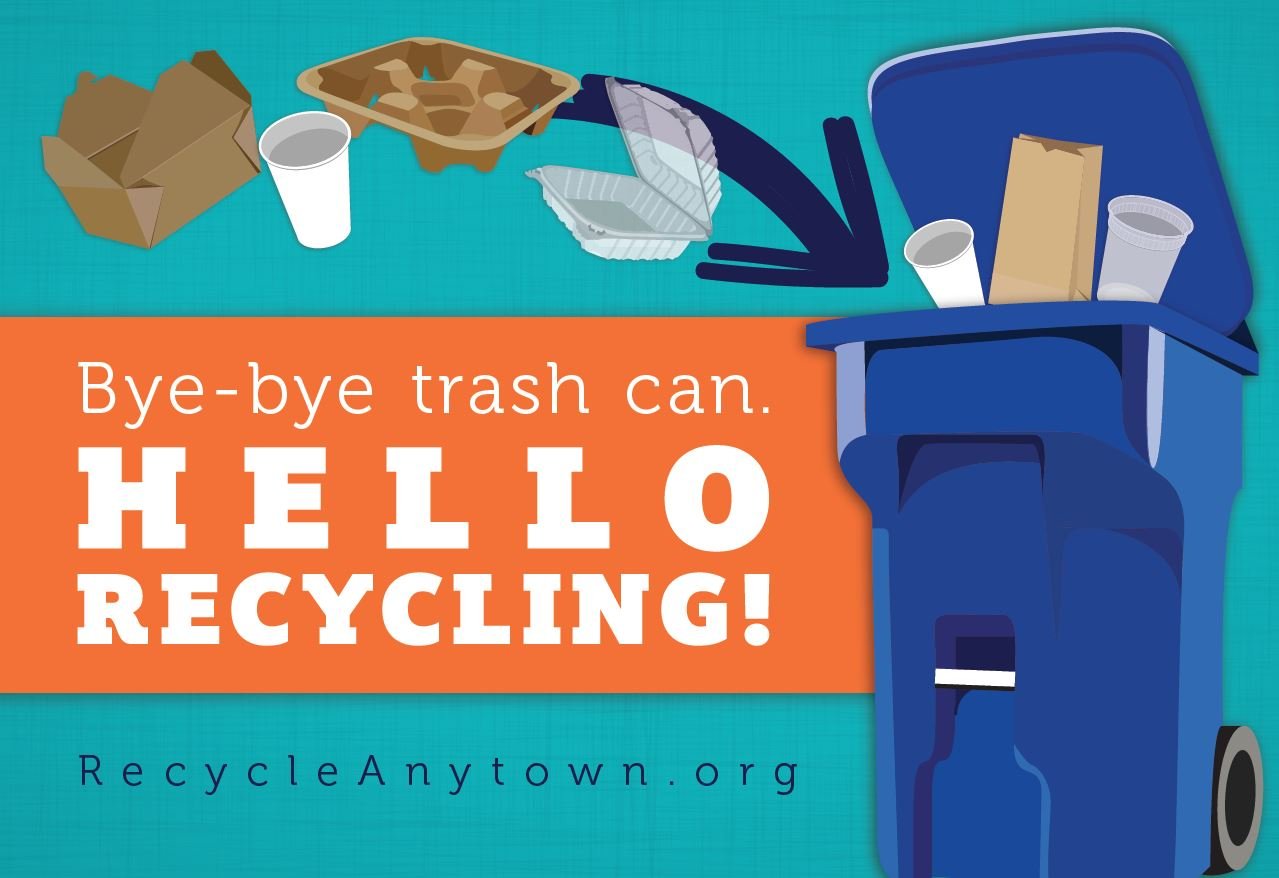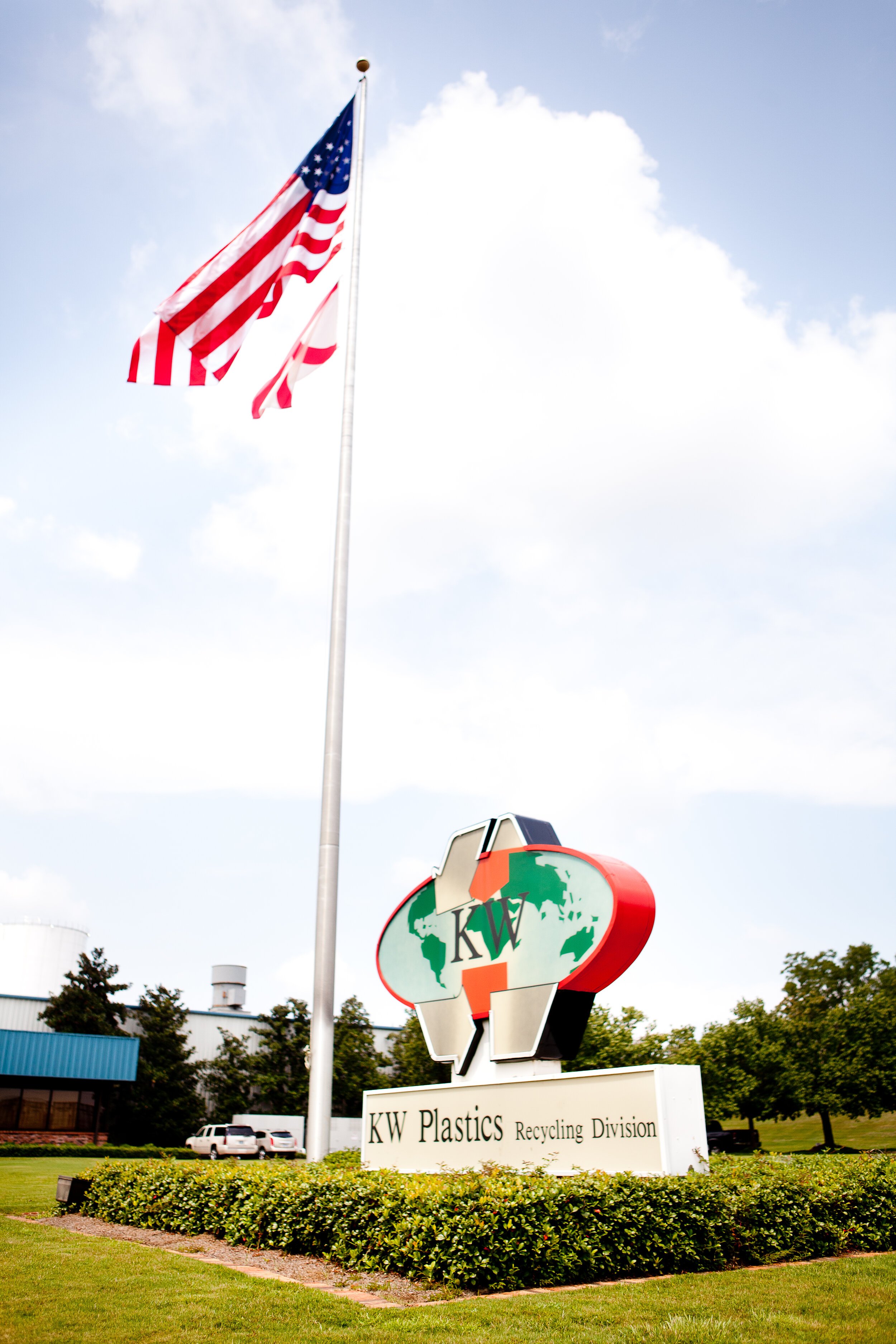Earth Farms Organics | Charlotte, NC
Jim Lanier and FPI's Lynn Dyer at Earth Farms
Photo courtesy of Holly Elmore, Elemental Impact
Background
Jim Lanier was a partner at Stanley Environmental Solutions, a company that cleaned out grease traps in restaurants, when he decided to look for an alternative way to dispose of the grease and food that clog restaurant grease traps. Jim researched the issue and learned about composting of food waste. He founded Earth Farms Organics in 2006 in Dallas, NC, just outside of Charlotte, and expanded collection to service additional restaurants, hotels, schools, grocery stores, food processors, caterers and events.
In 2013, U.S. EPA Region 4 awarded the Sustainable Packaging Coalition (SPC) a grant to scale up composting in the Charlotte area, with a goal of promoting co-composting of food and packaging waste. Earth Farms is a sub grantee to SPC, which has provided some assistance to expand Earth Farms' operations.
Foodservice Packaging Materials
Earth Farms accepts food waste and materials that are certified compostable by the Biodegradable Products Institute (BPI). BPI is a multi-stakeholder nonprofit organization that certifies materials to ensure they meet scientific standards for compostability, namely ASTM D6400 (for plastic items) or ASTM D6868 (for plastic-coated items). To comply with ASTM D6400, the standard states that the products "must compost satisfactorily, including biodegrading at a rate comparable to known compostable materials." In order to meet ASTM D6868, the standard states that the product must demonstrate proper disintegration during composting, an adequate level of inherent biodegradation, and no adverse impacts on the ability of composts to support plant growth. Passing these standards means that a product will biodegrade in a municipal or industrial composting facility. Today there are many compostable foodservice products, including plates, hot and cold cups, lids, straws, cutlery, and waste bags, made from various bio-resins and fibers made from sugarcane, corn, bamboo and others.
One example of Earth Farms' work across the Charlotte-Mecklenburg region is their participation in the Sustainable Food Court Initiative, a project driven by Elemental Impact that brings zero waste initiatives to food courts and develops best practices for foodservice operations (both front and back of house). Earth Farms collects food waste and compostable food packaging at Concord Mills, a large shopping mall near Charlotte.
Today, Earth Farms Organics diverts 100,000 tons of waste from landfills each year and is still expanding. They accept materials from both post-consumer and post-industrial operations, although collection systems vary depending on the location.
Challenges and Solutions
One key challenge is collecting sufficient volumes to make the routes worthwhile. Another challenge is contamination of the waste stream with non-compostable packaging. Earth Farms worked with clients to educate their staff about the different types of foodservice packaging, and which were compostable and which were not.
End Uses
Earth Farms Organics sells its finished compost in the Charlotte area to landscapers, gardening retailers, mulch suppliers and others. Since the materials originate in the Charlotte area, are composted in Dallas, and are sold in the Charlotte area, Earth Farms' compost travels relatively few miles, making it more sustainable. The company offers several products made from its compost, including 100 percent compost, a 50/50 blend of compost and local soil, a blend of compost, local soil and rock dust, and a premium blend that includes compost, vermicompost, and perlite.
-December 2013


